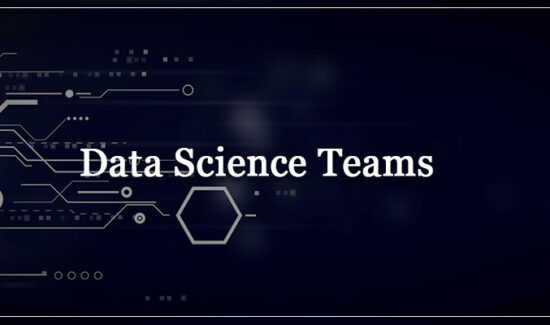Under Generative AI’s Shadow, Traditional AI Delivers Impact Now

Solutions Review’s Contributed Content Series is a collection of contributed articles written by thought leaders in enterprise technology. In this feature, Qlik‘s Chief Strategy Officer James Fisher offers commentary on how traditional AI continues to deliver real impact, even in the shadow of buzzy generative AI.
Despite the captivating attention generative AI garners due to its transformative potential, I caution business leaders not to lose sight of traditional AI and ML. I see many excellent use cases involving traditional AI in action each day, extending beyond data scientists and engaging employees who might not be as technical. Many traditional AI methods still hold immense merit and relevance – likely more so even than generative AI will hold in the near term. In fact, McKinsey sees traditional AI continuing to account for the majority of the overall potential value of AI. It makes sense, since traditional AI provides a variety of proven applications including automated insights, predictive modeling, intelligent alerting and natural language processing for tasks like text classification. While an incredible new functionality, generative AI is still an emerging technology that at this time is best suited for content generation and summarization or extending the capabilities of traditional chatbots.
This is why in my final piece in this series, I want to highlight a few of my favorite examples of where traditional AI is delivering measurable value for organizations of various sizes, and across many industries, underscoring the impact it has already amassed in businesses and boardrooms alike.
Under Generative AI’s Shadow, Traditional AI Delivers Impact Now
Traditional AI Helps Meet Sustainability Goals
Perhaps one of the most exciting ways I see traditional AI in action for organizations around the world is what it can do to advance sustainability efforts. C40 is a global network of nearly 100 mayors of the world’s leading cities that are united in action to confront the climate crisis. By applying machine learning to climate datasets – which are often massive and unruly – and combining it with AI tools, C40 can analyze climate trends and emissions data to find patterns that can assist them, and the cities they work for, to take action. Today, 840,000 users across 17,000 municipalities are drawing upon these insights through C40’s knowledge hub. Cities around the world like Cape Town, South Africa and Toronto, Canada have been able to build tangible plans to cut emissions while improving the health of its people.
Traditional AI Uncovers new B2B Revenue Opportunities
In terms of B2B, AI can help across a variety of industries from financial services to retail to technology. In one example, software and services firm for higher education, Gray Associates, Inc., enables its clients to create powerful, data-informed institutional strategies that maximize outcomes for students, schools and other constituencies. To do so, Gray employs AI-powered analytics and automated machine learning to strengthen its location assessment and predictive modeling service. This service guides institutions on large investments – such as opening a new campus – by harnessing internal data and building predictive insights through pulling in big data sources, including US Census data, as well as competitive signals like regional job postings and similar programs from other relevant schools. Gray continues to support many higher education clients with outstanding outcomes – StrataTech Education Group reported revenue of $1.5 million from a new school it opened in Houston following Gray’s advice.
Traditional AI Improves Patient Outcomes & Achieves Significant Healthcare Savings
When it comes to healthcare, there are countless applications in which AI can help reimagine patient and provider experiences. A shining example of an organization driving significant value with traditional AI is non-profit healthcare system Appalachian Regional Healthcare (ARH). Using automated machine learning, ARH is able to identify which of its patients are most susceptible to missing or cancelling their appointments. In this process, data is used to analyze a range of factors such as distance to the hospital, transportation avenues or local weather. Armed with this information generated from AutoML, nurses and support staff have the ability to reach out to the highest-risk patients in more tailored ways with gentle reminders and comforting reassurances. As a result, ARH decreased its cancellation and no-show rates, leading to millions of dollars in savings, and increased the health outcomes of its patients by giving them the care they need, when they need it.
The Journey Starts with Your Data
In the realms of both traditional and generative AI, there is a multitude of untapped potential. Traditional AI is centered on detecting patterns, generating insights, automation and predictions that have been propelling businesses forward for years. Generative AI is in its infancy and starts with a prompt that allows a user to submit a question along with any relevant data to guide content generation without rigorous data preparation or processes to develop. Finding new ways to leverage traditional AI and ML alongside generative AI will drive incremental organizational value from data. And it all starts with a proven commodity – your data.



















